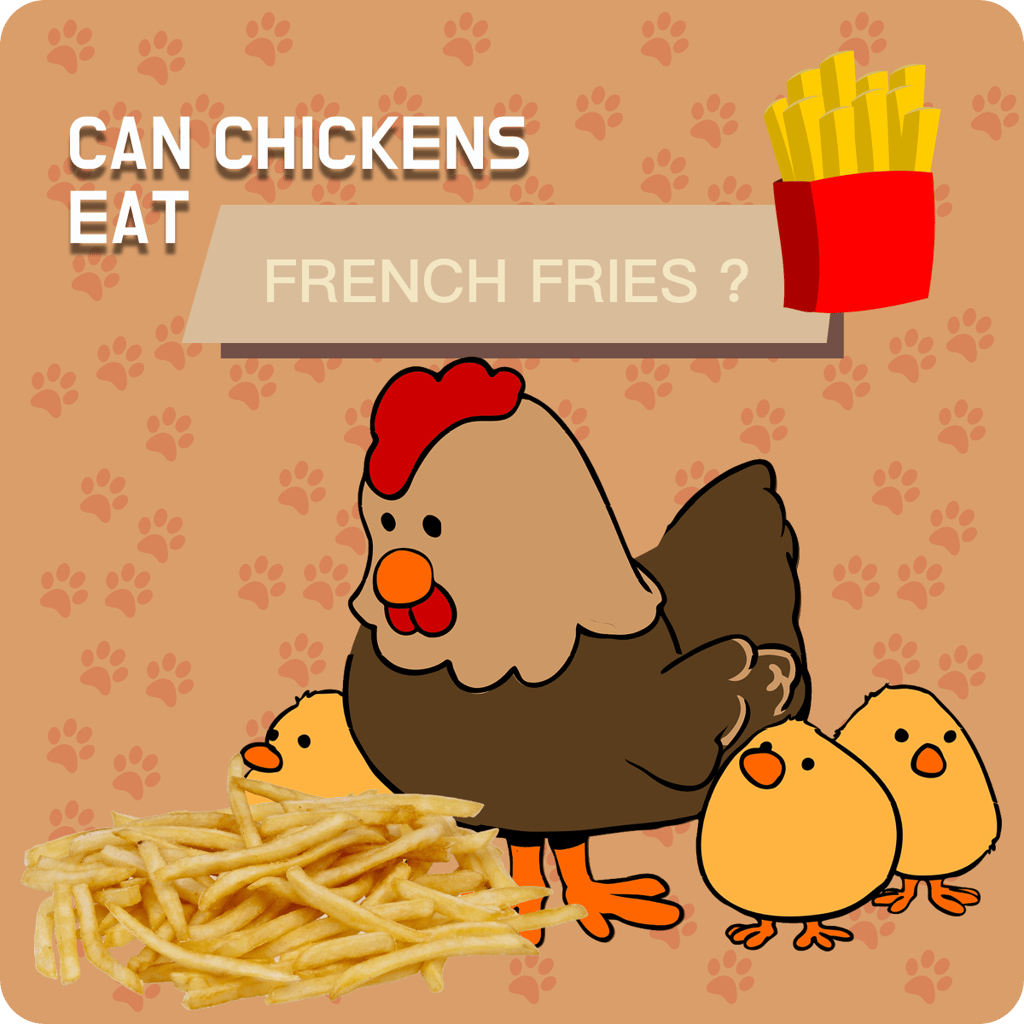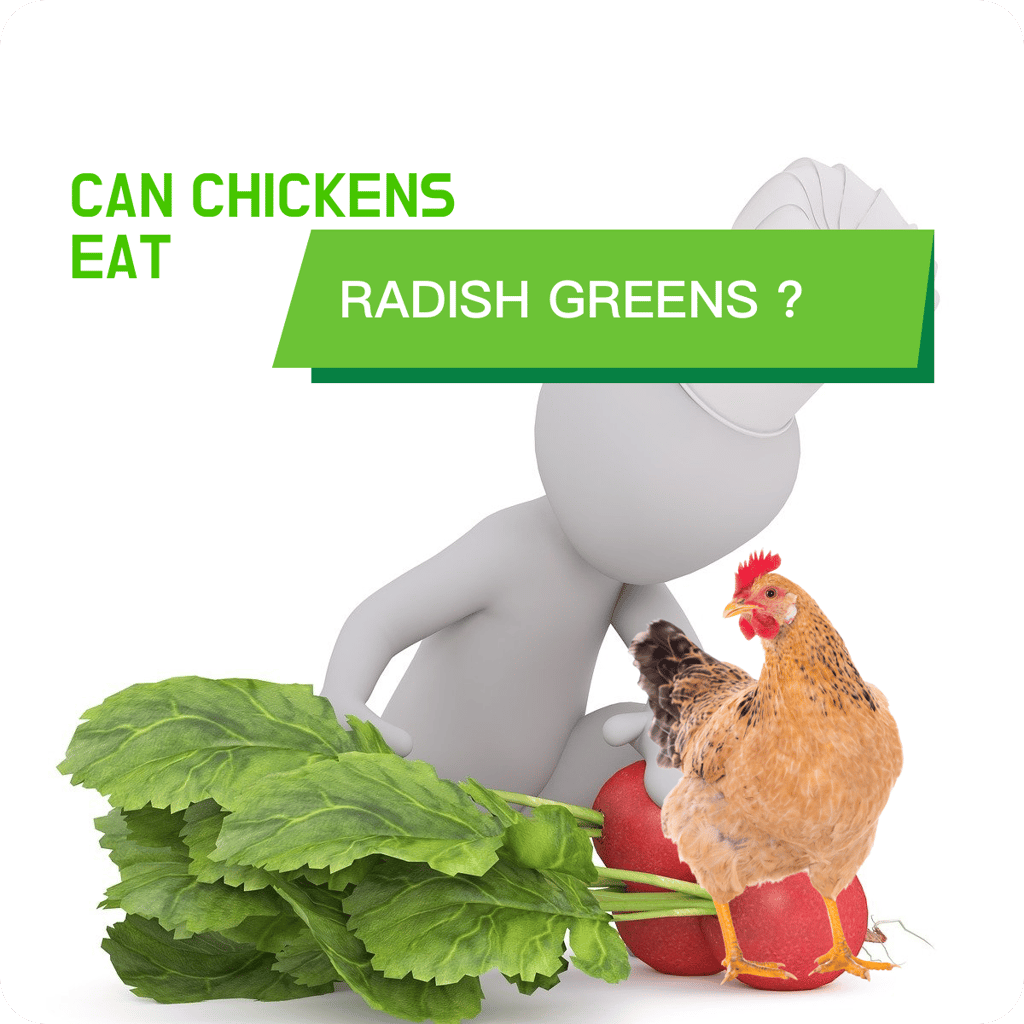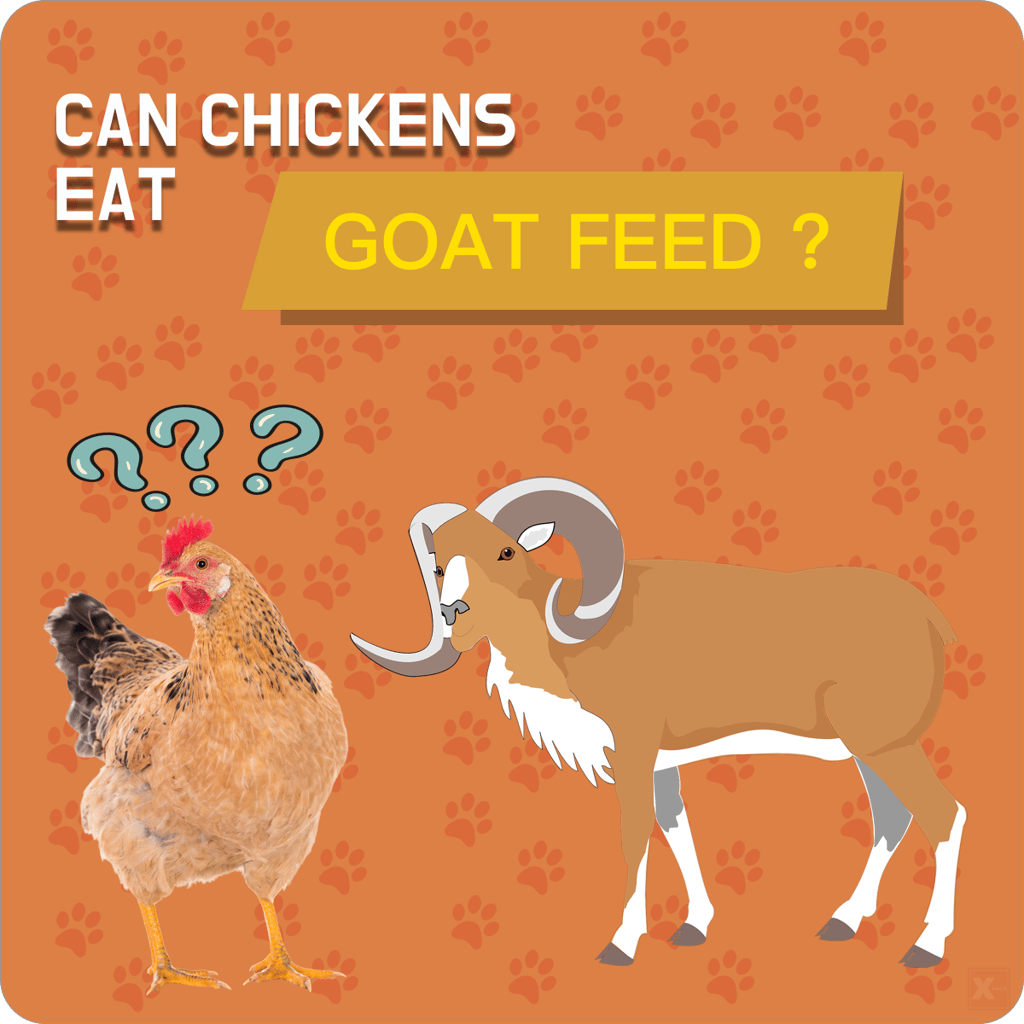Yes, you can feed french fries to chickens, but it is not recommended. Chickens are omnivorous and can eat a variety of foods, including some human foods. However, french fries are high in salt, unhealthy fats, and may contain seasonings that can be harmful to chickens. While small amounts occasionally may not cause immediate harm, it's best to prioritize their health with a balanced and nutritious diet.

Can chickens safely consume french fries?
Many chicken owners often wonder if it is safe to share their french fries with their feathered friends. After all, chickens have a reputation for eating almost anything. However, when it comes to french fries, caution is advised. While chickens can technically eat small quantities of plain, unsalted, and unseasoned french fries without immediate harm, it is not a recommended part of their diet.
Feeding chickens french fries should only be done sparingly, if at all. French fries are high in unhealthy fats, sodium, and carbohydrates, which are not suitable for chickens in large amounts. A chicken's diet should consist primarily of grains, seeds, fruits, vegetables, and a good quality poultry feed to ensure balanced nutrition.
If you still wish to offer an occasional treat to your chickens, it is crucial to remember that moderation is key. A balanced and varied diet is essential for the overall health and well-being of your feathered friends. It's always a good idea to consult with a veterinarian or poultry nutrition specialist for specific dietary recommendations tailored to your chickens' needs.
| Aspects to consider when feeding french fries to chickens | Key Points |
|---|---|
| Portion size | Only provide small amounts as an occasional treat |
| Seasoning and salt | Avoid giving chickens fries with added seasoning or salt |
| Unhealthy fats | French fries contain unhealthy fats that can be harmful in large amounts |
| Nutritional balance | French fries do not provide the necessary nutrients for chickens |
Remember, while chickens may show interest in your plate of fries, it is best to resist the temptation to indulge them too much. Prioritize their health by providing a well-balanced diet that fulfills their nutritional requirements.
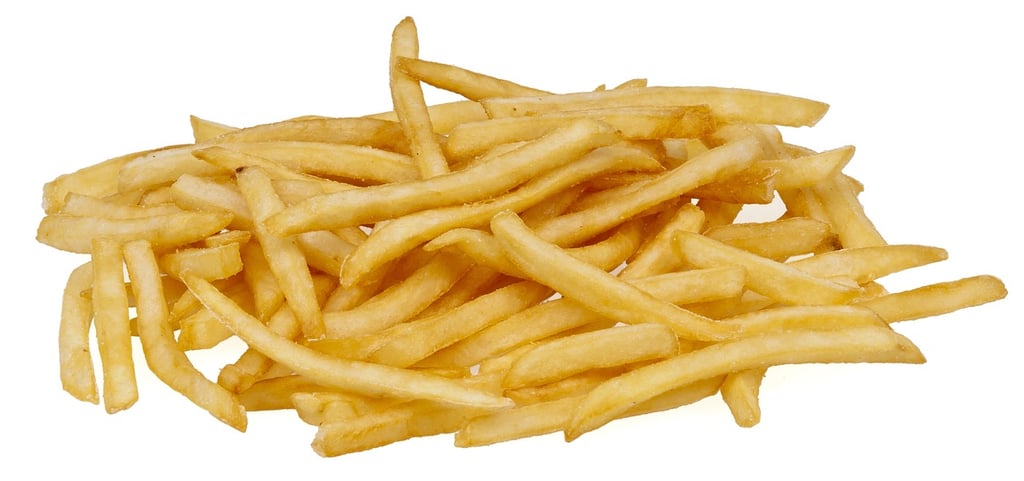
Potential risks and concerns of feeding french fries to chickens
Feeding leftover french fries to your backyard chickens may seem like a convenient way to reduce food waste. However, it's important to understand the potential risks and concerns associated with this practice. Here are a few points to consider:
| Risk | Description |
| 1. High Sodium Content | French fries often contain high amounts of sodium due to salt seasoning. Chickens have different sodium requirements than humans, and excessive salt intake can lead to health problems, such as kidney issues and dehydration. |
| 2. Unbalanced Diet | Chickens require a balanced diet to stay healthy and maintain optimal egg production. French fries do not provide the necessary nutrients required by chickens, such as protein, vitamins, and minerals. An unbalanced diet can lead to poor overall health and reduced egg quality. |
| 3. Obesity and Digestive Issues | French fries are typically deep-fried in oil, making them high in fat content. If chickens consume excessive amounts of french fries or other high-fat foods, it can lead to obesity and digestive problems such as diarrhea or impacted crop. |
| 4. Negative Behavior Reinforcement | Feeding chickens unhealthy treats like french fries can create an association between human food and positive reinforcement. This may lead to chickens becoming aggressive or developing undesirable behaviors when human food is present, which can be problematic. |
Considering these potential risks, it is generally recommended to avoid feeding french fries or similar junk foods to chickens. Instead, focusing on providing a well-balanced diet consisting of commercial chicken feed, fresh vegetables, fruits, and occasional treats that are specifically safe for chickens can help ensure their overall health and well-being.
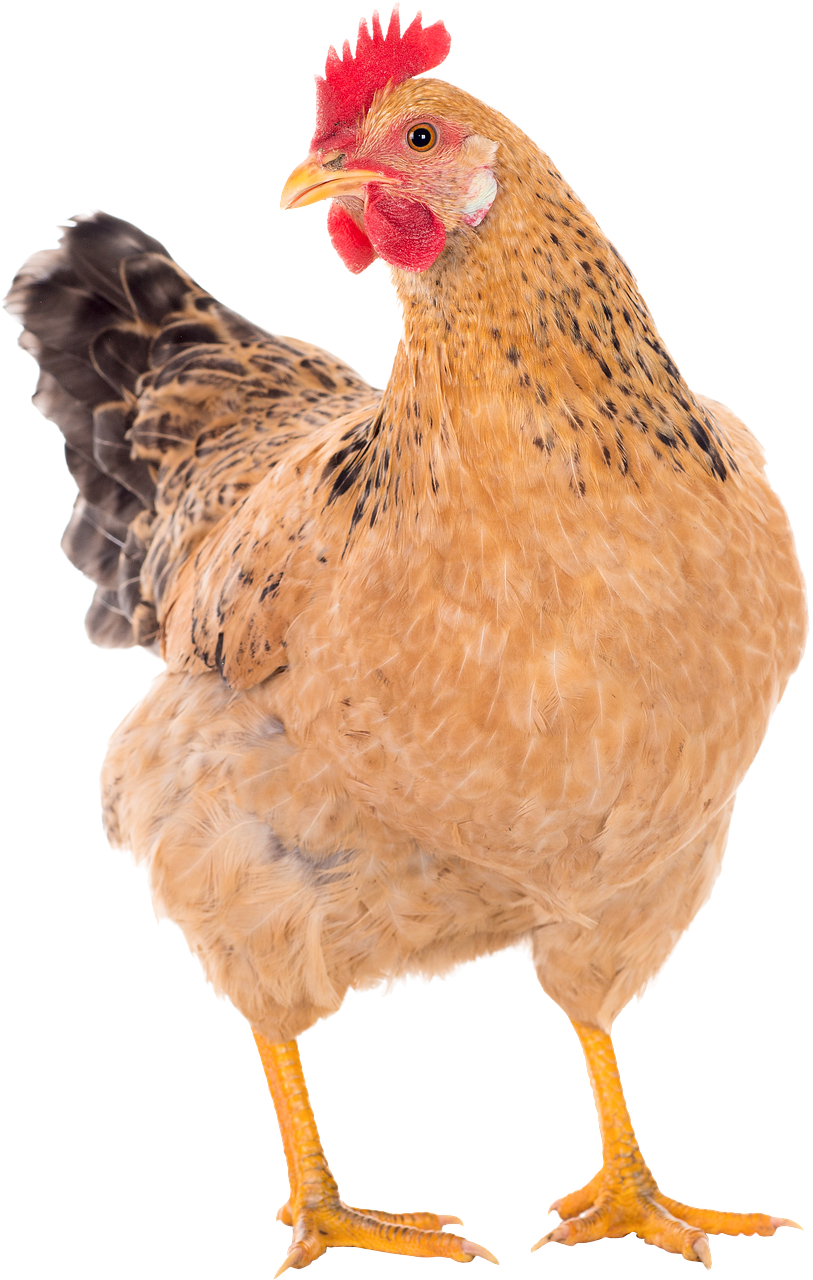
Health consequences of feeding chickens excessive amounts of french fries
Feeding chickens excessive amounts of french fries can have negative health consequences for them. While chickens can consume small quantities of cooked potatoes, which fries are made from, it is important to maintain a balanced and nutritious diet for their overall well-being.
Here are some health risks associated with feeding chickens excessive amounts of french fries:
|
It's important to prioritize a balanced diet for chickens, consisting mainly of commercial poultry feed, grains, and a variety of fresh fruits and vegetables. This will ensure they receive adequate nutrition and maintain good health.
If you want to introduce new foods to your chickens, it's best to do so gradually. Start by offering small portions and observing their reactions and digestion. This will help you determine if the food is suitable and well-tolerated.
Remember, there are alternative treats you can provide your chickens that are safe and healthier than french fries. Options like small pieces of fruits, vegetables, cooked grains, or even small amounts of cooked chicken or eggs can be given as occasional treats, ensuring they still receive a balanced diet.
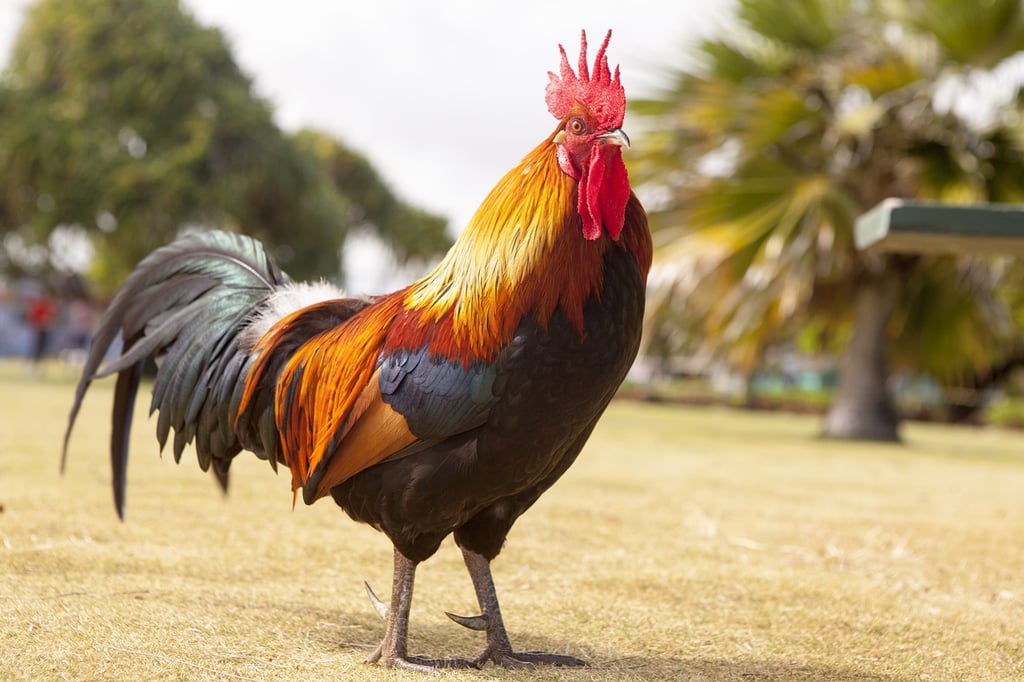
Recommended dietary choices for chickens
When it comes to the diet of chickens, it's important to provide them with a balanced and nutritious meal to support their overall health and well-being. While chickens do enjoy a variety of foods, including grains, fruits, vegetables, and even some protein sources, it is crucial to ensure that they receive the right nutrients in the right proportions.
The majority of a chicken's diet should consist of a specially formulated chicken feed. This feed typically comprises a blend of grains, vitamins, and minerals that are tailored to meet their nutritional requirements. Chicken feed can be found in various forms, such as crumbles, pellets, or mash. It is essential to choose a feed that is appropriate for the age and purpose of your chickens, whether they are laying hens, broilers, or pets.
| Dietary Element | Importance |
|---|---|
| Protein | Essential for growth, egg production, and overall health. |
| Carbohydrates | Provide energy for daily activities and body functions. |
| Vitamins and Minerals | Promote good health, strong immune system, and optimal eggshell quality. |
| Grains and Seeds | Offer a good source of energy, fiber, and essential fatty acids. |
| Fruits and Vegetables | Provide additional nutrients, vitamins, and variety to the diet. |
While chickens can enjoy treats and occasional snacks, it's important to feed them in moderation. Too many fatty or high-sodium foods can lead to health issues, obesity, and poor egg production. French fries, for example, are not suitable for a chicken's regular diet. They are high in unhealthy fats, salt, and often cooked with seasonings or oil that can be harmful to chickens.
As a responsible chicken owner, it is recommended to consult with a veterinarian or poultry expert to ensure you are providing the best diet for your specific flock. They can help tailor the diet and provide advice on incorporating additional supplements or natural treats to keep your chickens happy and healthy.
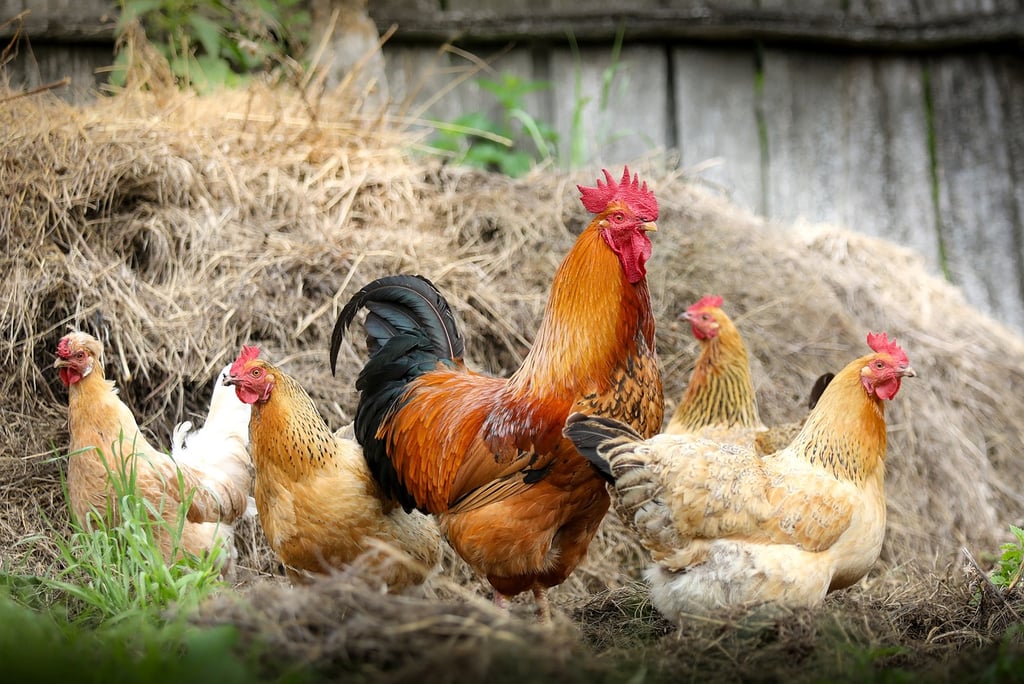
How to introduce new foods to chickens
Introducing new foods to chickens is an essential part of their diet and helps provide them with a balanced nutrition. However, it is important to introduce new foods gradually to avoid upsetting their digestive system. Here are some steps to follow when introducing new foods to chickens:
| Steps for Introducing New Foods to Chickens |
|---|
|
Remember, when introducing new foods to chickens, it is crucial to prioritize their health and well-being. A well-balanced diet consisting of poultry feed, fresh water, and occasional treats will help keep your chickens happy and thriving.
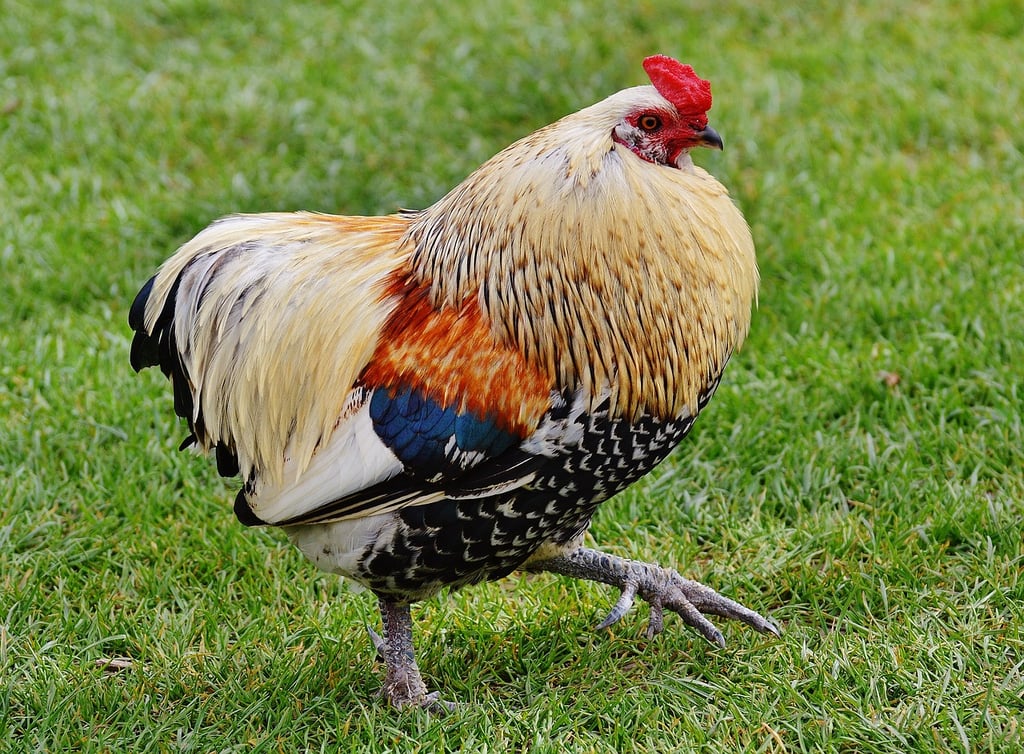
Alternatives to french fries that are safe for chickens to eat
Sure! Here's an expanded description for the outline title 6: "Alternatives to french fries that are safe for chickens to eat."
Feeding your chickens a balanced and nutritious diet is crucial for their overall health and well-being. While french fries may be tempting to share with your feathered friends, they are not an ideal food choice for chickens. Fortunately, there are plenty of safe and healthier alternatives that you can offer to your chickens as treats. These alternatives can provide a variety of nutrients while still being enjoyable for your flock.
| Alternative | Description |
|---|---|
| Fruits and Vegetables | Chickens can benefit from a variety of fruits and vegetables, such as watermelon, berries, carrots, and leafy greens. These foods are rich in vitamins and minerals that support their immune system and promote good digestion. |
| Insects and Grubs | Chickens are natural foragers and enjoy hunting for insects and grubs. These protein-rich treats not only provide essential nutrients but also allow chickens to engage in their natural behavior. |
| Herbs and Greens | Herbs like parsley, basil, and oregano can add flavor to your chickens' diet while offering potential health benefits. Additionally, offering them greens like kale, spinach, or dandelion leaves can provide essential vitamins and minerals. |
Remember, treats should only constitute a small portion of your chickens' diet. The majority of their nutrition should come from a balanced feed specifically formulated for their needs. When introducing new foods, it's important to do so gradually, monitoring their reactions and ensuring they are tolerating it well. Avoid feeding them anything that is toxic to chickens, such as chocolate, caffeine, or moldy foods.
By offering your chickens these safe and healthy alternatives, you can provide them with a diversified diet that supports their overall health and allows them to express their natural behaviors.
Faqs
-
Can chickens eat any type of fried food?
While chickens can consume small amounts of cooked food as treats, it's advisable to avoid feeding them fried foods like french fries. These foods tend to be high in unhealthy fats, sodium, and seasonings that can be harmful to chickens if consumed in large quantities. It's best to stick to a balanced and natural diet for your chickens.
-
What are the potential health risks if chickens eat too many french fries?
Feeding chickens excessive amounts of french fries can have several negative health consequences. Chickens may become overweight, leading to obesity-related health issues. Additionally, the high salt content in french fries can cause dehydration in chickens, affecting their overall well-being and egg production. It's important to prioritize a suitable and varied diet for your poultry.
-
What are some alternative treats for chickens besides french fries?
There are numerous safe and nutritious treats you can offer your chickens instead of french fries. Some suitable options include fruits like berries, watermelon, or apple slices. Vegetables such as cucumbers, lettuce, or carrot tops are also great choices. Remember to introduce new foods gradually and avoid excessive quantities to maintain a healthy and balanced diet for your feathered friends.

